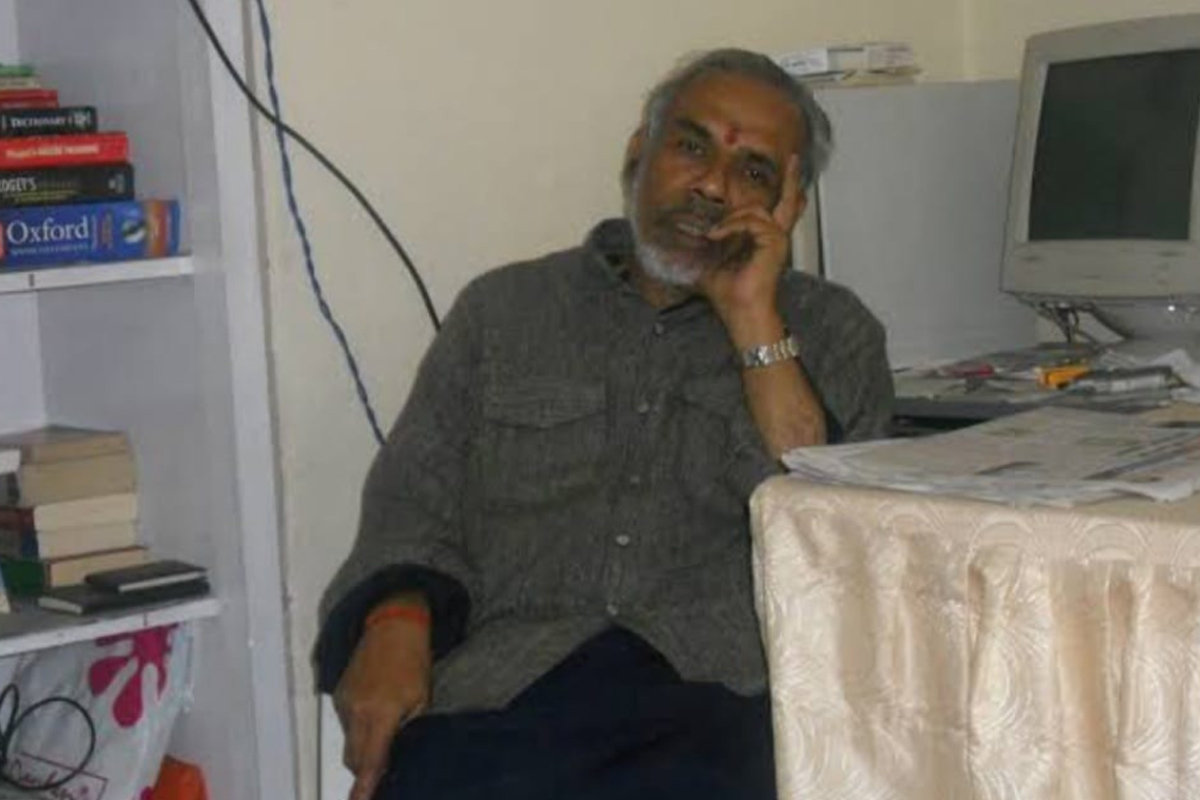Gunmen abduct Statesman journalist, release him hours later
Veteran journalist and Special Correspondent of The Statesman, Yambem Laba, was abducted by a group of about 20 armed gunmen from his residence in Imphal early today.
He was known as one of the most popular teachers of Journalism and Mass Communication subjects in the country.

Former Editorial Advisor of The Statesman, Professor Vepa Rao, breathed his last while undergoing treatment at a private hospital in Hyderabad on Monday. He was 76. A former head of Indian Institute of Mass Communication (IIMC), Dhenkanal and Department of Journalism and Mass Communication, Himachal Pradesh University (HPU) Shimla, Prof Rao was admitted to the hospital on October 9, following brain hemorrhage. He was in Hyderabad for his winter sojourn after leaving Shimla on October 2.
Prof Rao was unmarried and based in Shimla for more than 35 years. He was known as one of the most popular teachers of Journalism and Mass Communication subjects in the country. He is known to have shaped the careers of many journalists throughout India with his deep understanding of the profession and its requirements.
Advertisement
Born in Andhra Pradesh in 1946, Prof Rao began his career in Kolkata in the corporate sector. He later moved to journalism and served as the Sunday Editor of the Hindustan Times, Delhi. Prof Rao shifted to
academics in 1987 after getting drawn to the peace and scenic beauty of Himachal Pradesh during a chance visit to the hill state. He first joined Indian Institute of Advanced Study (IIAS), Shimla, as a Resident Fellow to work on Communication and Development. Towards completion of his research assignment (which later led to his Book – A CURVE IN THE HILLS), Himachal Pradesh University invited him to head its Department of Journalism and Mass Communication in 1990.
Advertisement
Besides serving as Shimla correspondent for The Statesman for many years, Prof Rao also worked as Assistant Editor, The Tribune, for a brief period. He was appointed as professor at IIMC, Dhenkanal during 1996-97. The Himachal Pradesh government gave him the state award for “Development Reporting” in 1997. He retired from the HPU in 2006, but was brought back by the University under the UGC’s re-employment scheme to assist the department. Even after his retirement in 2010, Prof Rao continued to teach at other universities as a guest professor, and also took part as member of their selection committees, boards of studies etc.
Advertisement